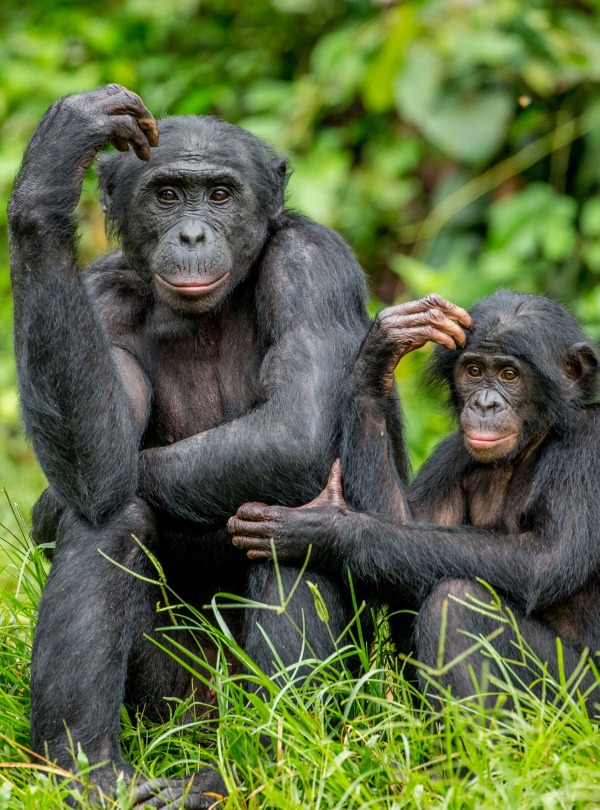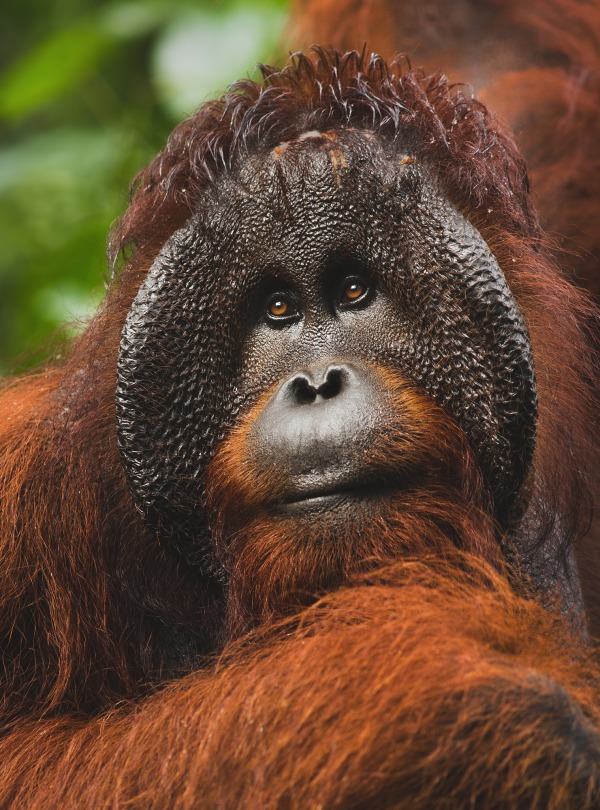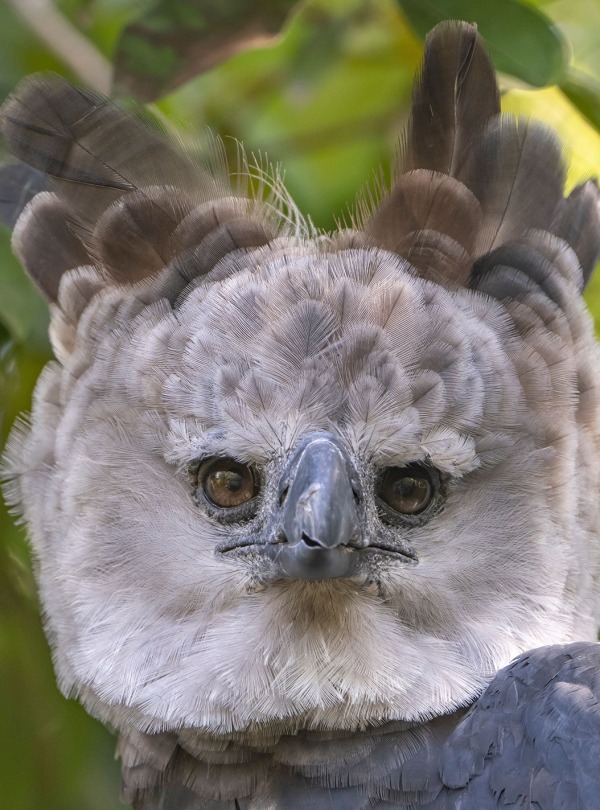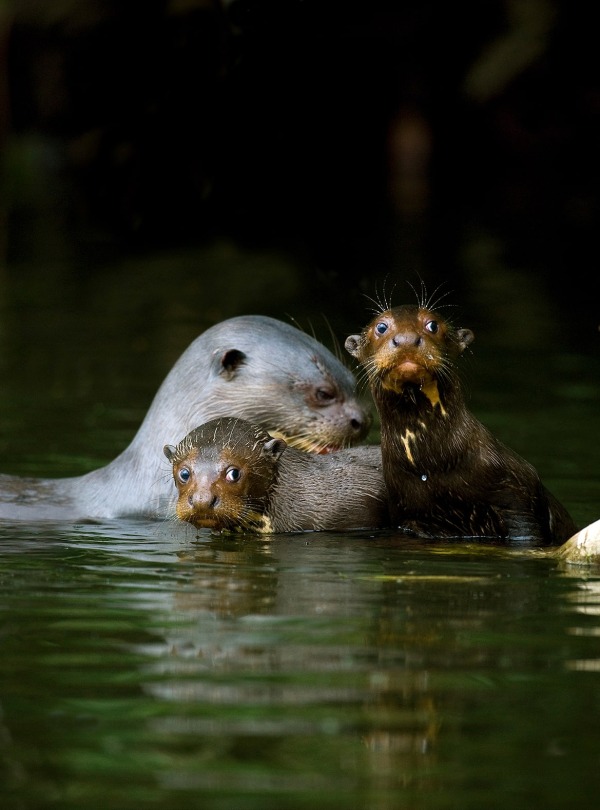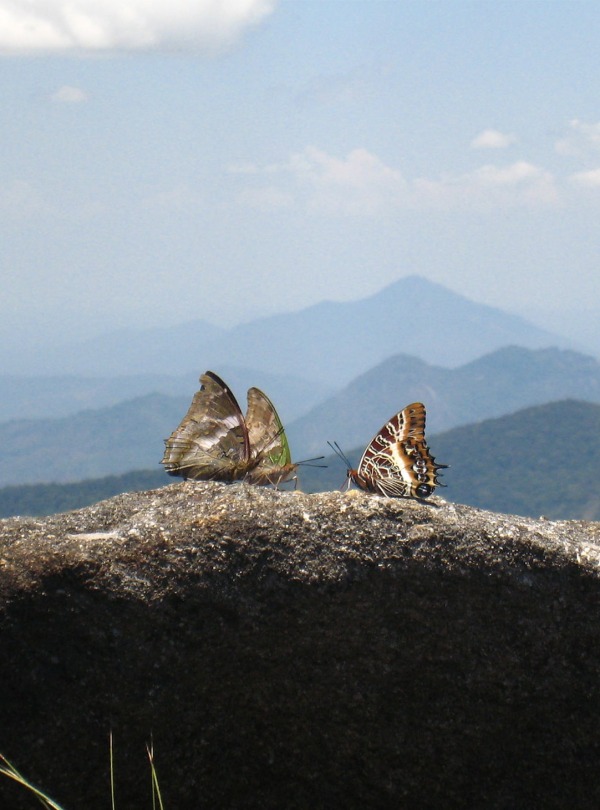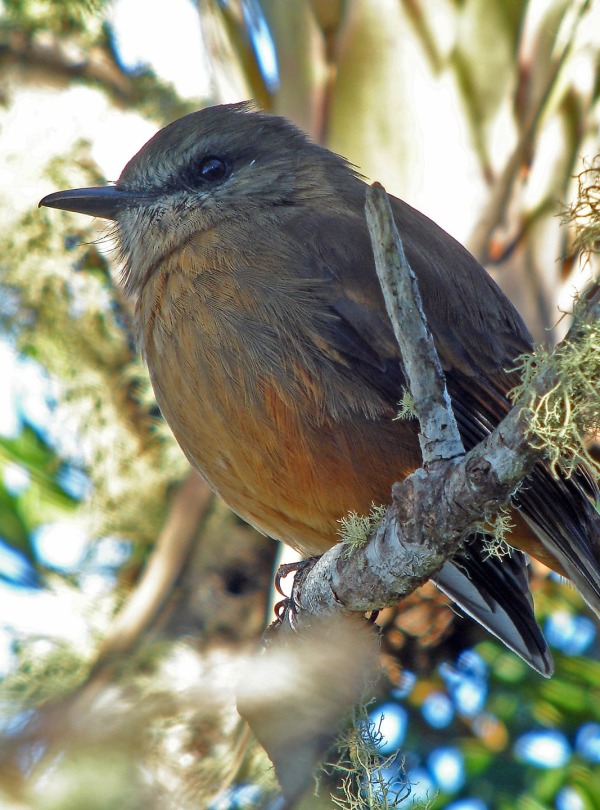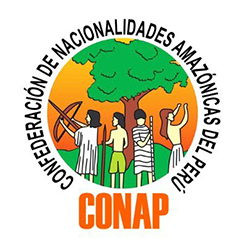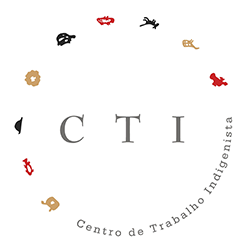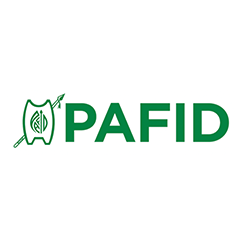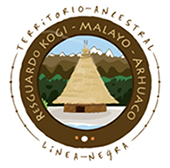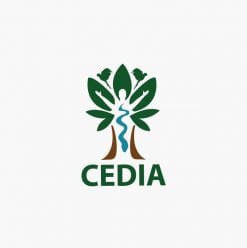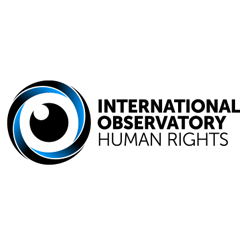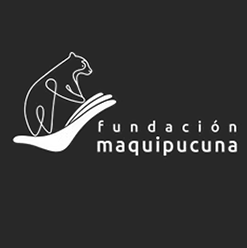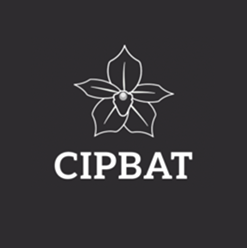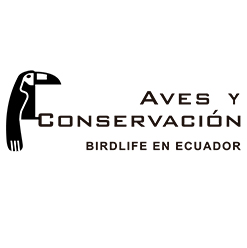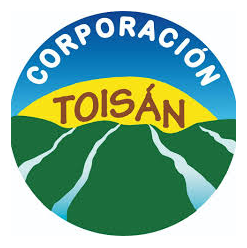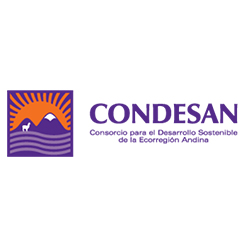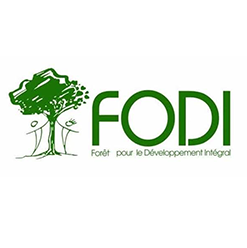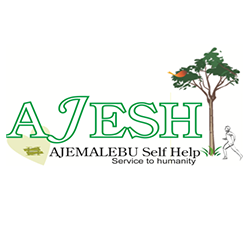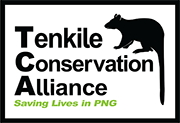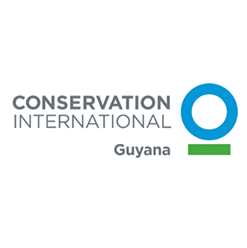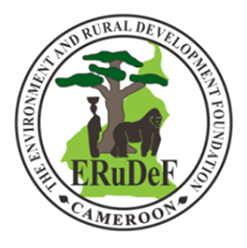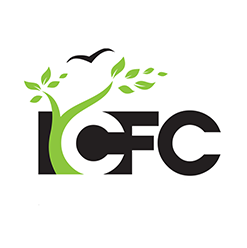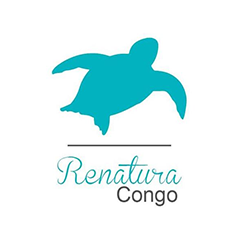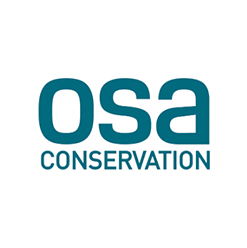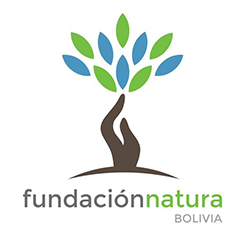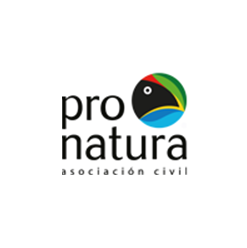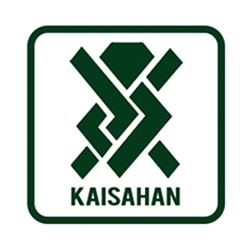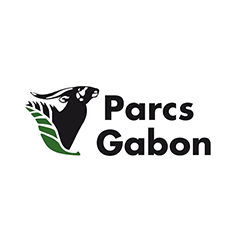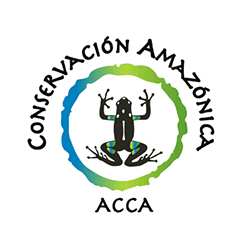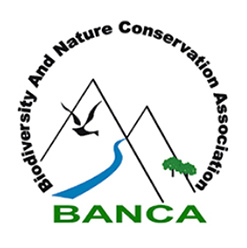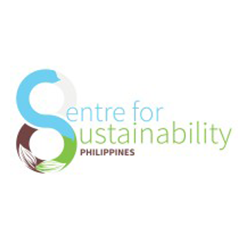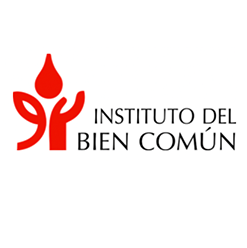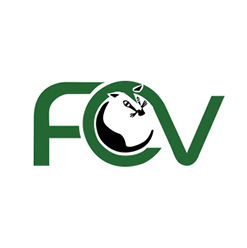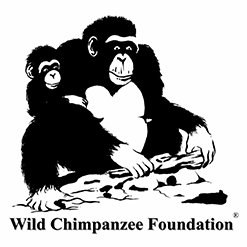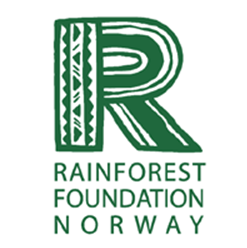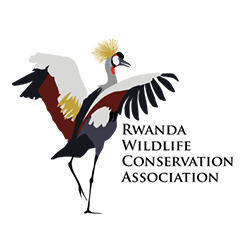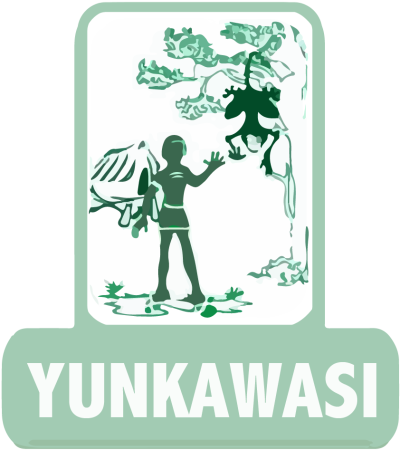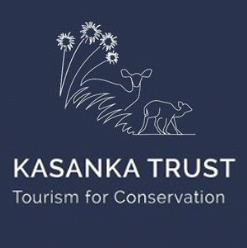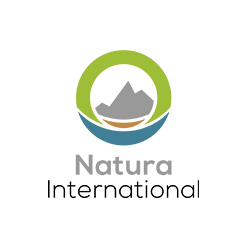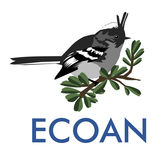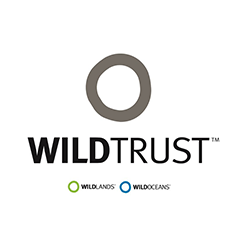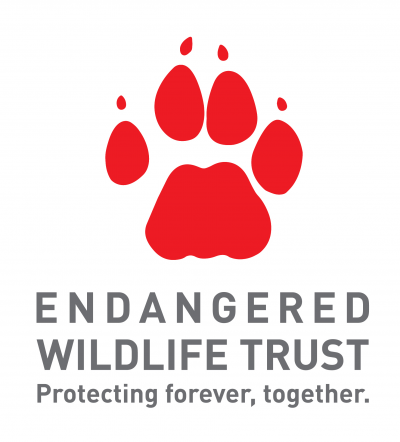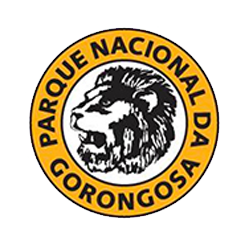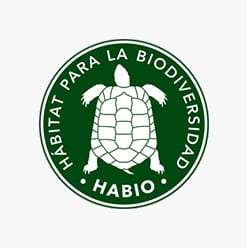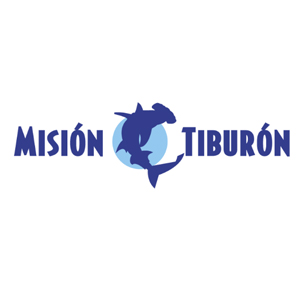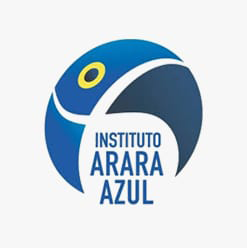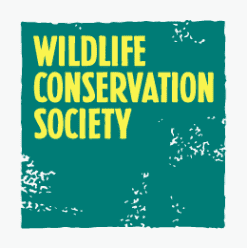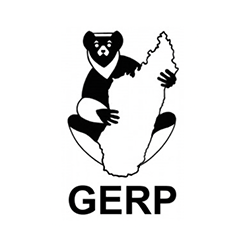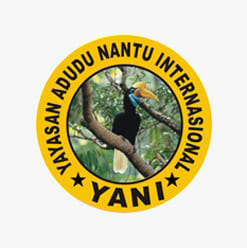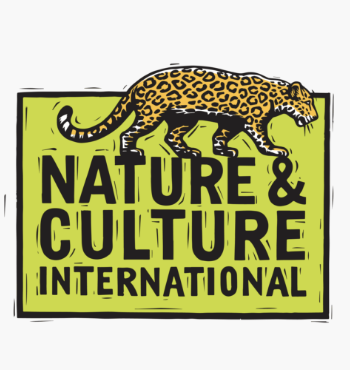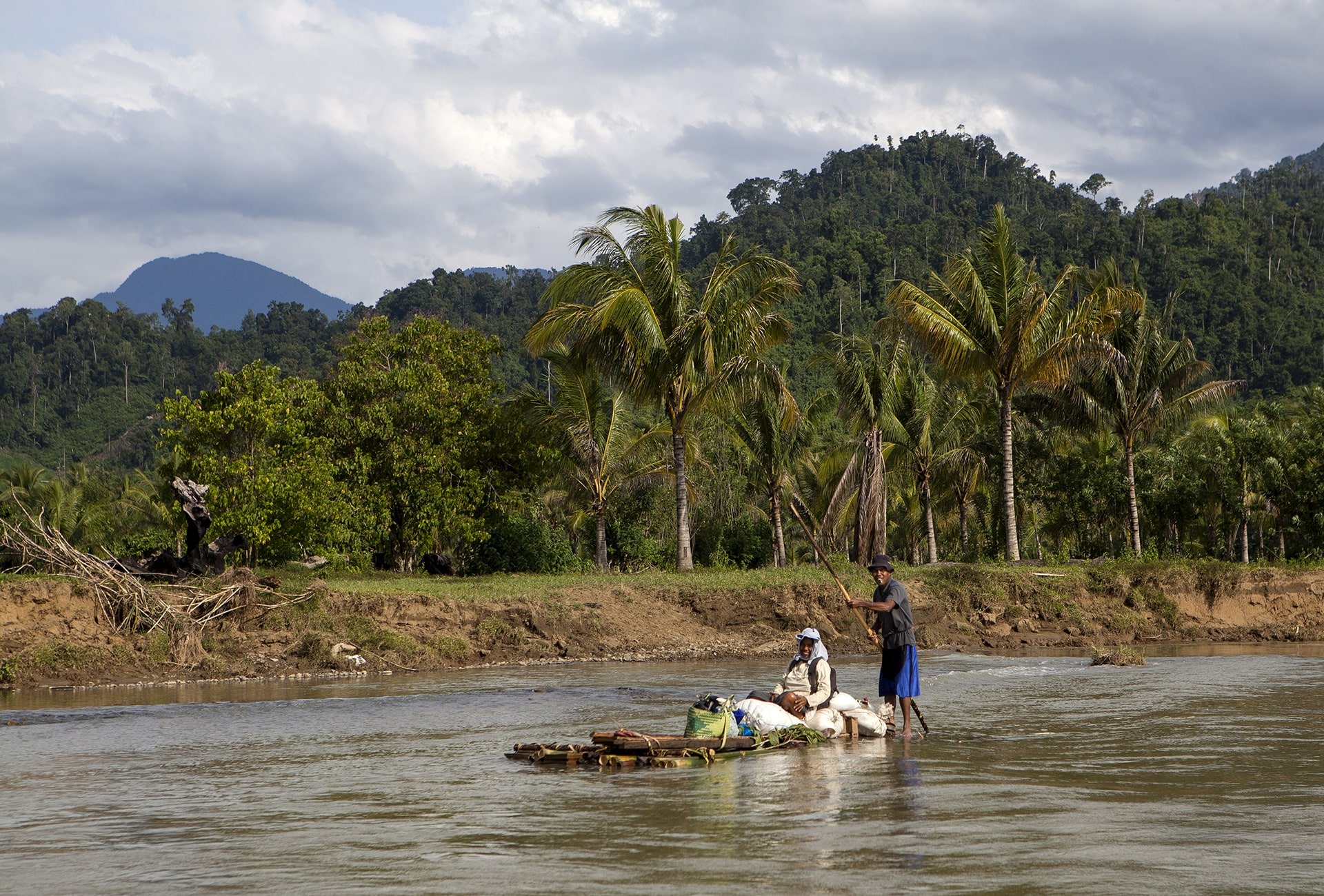
Partnering with Communities to Strengthen Global Conservation
We work in partnership with local communities to safeguard biodiversity and slow climate change
All of Rainforest Trust’s projects are implemented in partnership with local organizations and conservation leaders, and all respect and safeguard human rights. But a rapidly increasing majority of our projects go much further, achieving conservation through securing human rights and the local, Indigenous or traditional guardianship of land and resources.
62% of the 60 million acres protected with Rainforest Trust support since 1988 result from rights-based conservation.
What is rights-based-conservation?
Rights-based conservation is an approach that puts the rights, knowledge, and leadership of Indigenous Peoples, Afro-descendant Peoples, and local communities at the center of conservation efforts. It recognizes that these communities have long protected their territories and ecosystems, and that lasting conservation outcomes depend on upholding their land, resource, and self-determination rights. Through this approach, we may support:
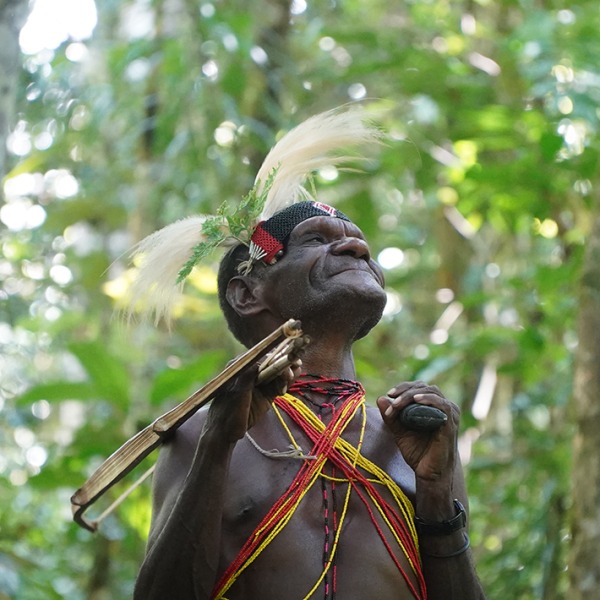
Indigenous and Traditional Territories (ITTs)
We support projects that recognize, affirm, and help secure the land and resource rights of Indigenous Peoples and traditional communities within their ancestral territories.
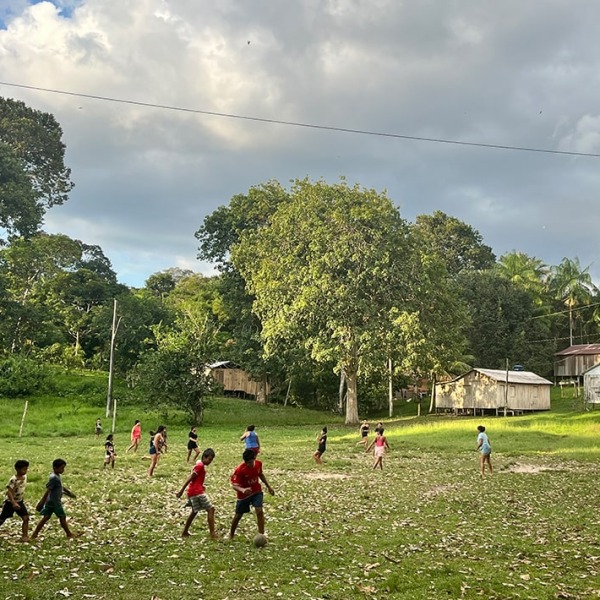
Protected Areas
We support the creation and long-term management of Protected Areas that are led, co-managed, or meaningfully governed by Indigenous, Afro-descendant, or other rights-holding communities.
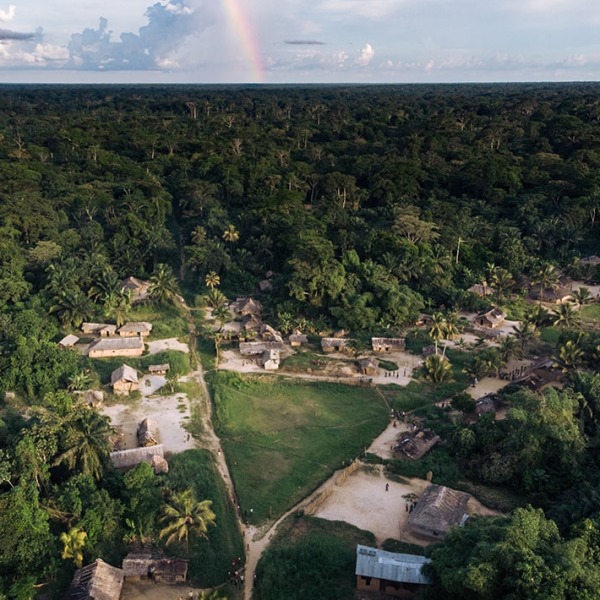
OECMs
We also support “Other Effective Area-Based Conservation Measures” (OECMs), or "Conserved Areas"—areas that conserve biodiversity outside of formal Protected Areas, often under community or customary governance systems.
Guardians of Earth’s Great Tropical Forests
The Amazon
The world’s largest rainforest, home to a third of Earth’s terrestrial species, is also home to over 1 million Indigenous Peoples. In Brazil and beyond, more than 60% of newly protected areas funded by Rainforest Trust will represent Indigenous land titling or other land tenure approaches. In 2022, we committed to protect 20 million acres in an ambitious, four-year Brazilian Amazon Strategy.
Congo
Rainforest Trust is also helping to save the world’s second largest rainforest, the Congo, primarily through the creation of Community Managed Forests in the region’s largest country, the Democratic Republic of Congo. These designations strengthen communities’ land tenure and management rights, improve livelihoods, and preserve biodiversity while building climate resilience.
New Guinea, Indonesia
Indonesia is one of the world’s mega-biodiverse countries. A key focus of our work in Indonesia is the world’s third largest rainforest on the island of New Guinea. Scaling up our impact in Indonesia is a complex undertaking that focuses on supporting local NGOs and employing the various mechanisms for conservation available in the country, like Indigenous Peoples and Local Community Conserved Areas and Territories (ICCAs).
Free, Prior and Informed Consent (FPIC)
Every Rainforest Trust project, whether based on land tenure and community management, private land purchase, or the creation of government-protected areas, respects and safeguards human rights. A key tool to doing that is obtaining Free, Prior, and Informed Consent (FPIC) from all impacted communities before proceeding with the creation of protected or conserved areas.
FPIC is a principle backed by the United Nations Declaration on the Rights of Indigenous Peoples, the Convention on Biological Diversity, and the International Labour Organization Convention 169, the most powerful and comprehensive international instruments recognizing the plights of Indigenous Peoples and defending their rights.
In every Rainforest Trust project, communities give their support freely without pressure or coercion, prior to the creation of the protected area and throughout the project—and based on a full understanding of the implications of the decision and the choices available.
Grievance Mechanism
Also critical for safeguarding human rights is establishing a mechanism to ensure that all stakeholders have a safe way to raise concerns. Rainforest Trust’s grievance mechanism is open to anyone affected by or involved in our work—including community members, partner organizations, donors, and others with relevant knowledge. If you would like to submit a grievance related to Rainforest Trust, our implementing partners, or any other stakeholder involved in a project we fund, please email grievances@rainforesttrust.org, or submit your grievance here.
The mechanism applies to any project or activity supported by Rainforest Trust that is reasonably believed to have caused or contributed to harm, including human rights abuses or safeguarding violations. It is intended to ensure that concerns raised in good faith are reviewed, documented, and addressed fairly, promptly, and without retaliation.
Rainforest Trust Endorses Core Human Rights Principles for Private Conservation Organizations and Funders
In December 2024, Rainforest Trust endorsed the Core Human Rights Principles for Private Conservation Organizations and Funders. The principles were developed over a period of more than two years in a process convened by the UN Environment Programme (UNEP), involving rights-holders, civil society organizations, conservation organizations, funders, UN experts, and more. They are based on existing international law, and seek to clarify the existing human rights responsibilities of private conservation funders and organizations as a complement to State obligations. They emphasize not only avoiding harm but also taking proactive measures to uphold human rights.
Rainforest Trust’s endorsement of these principles reflects the organization’s agreement with the principles and commitment to active implementation, constructive dialogue, and participation in the growing community of practice supporting these efforts.
Watch Bread for Tomorrow, a short film about the Indigenous Wicungo community’s struggle to gain legal ownership of their ancestral territory in Peru and how Rainforest Trust and our partner, Center for the Development of an Indigenous Amazon (CEDIA), have helped them reclaim the rights to their homes and livelihoods.
Support Human-Rights-Based Conservation
The communities we are partnering with around the world need your support now to secure the title to their lands, establish community forests, and obtain the tools, legal authority, and resources they need to steward biodiversity and carbon in perpetuity:

